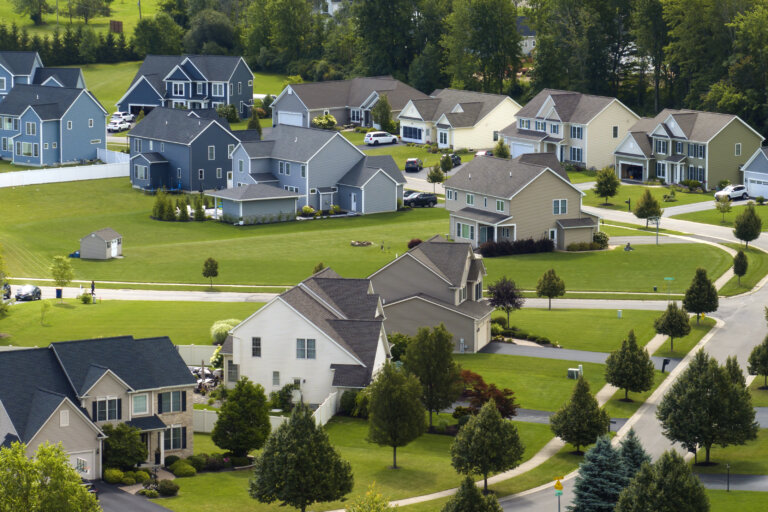Whether you are purchasing a home or developing commercial property, you need to know how Florida zoning laws impact Florida real estate. Zoning laws apply to all property types, including commercial, residential, agricultural, and industrial properties.
Florida zoning laws can protect the environment and communities, but they can also hinder growth in some cases. A Florida real estate attorney can help you understand how zoning laws impact real estate development.
Understanding the Impact of Florida Zoning Laws on Real Estate
Counties and municipalities are responsible for establishing zoning laws for property within their jurisdiction. The laws ensure property owners follow certain restrictions for developing land within a specific zoning area. For example, real estate zoned as residential property cannot be used for commercial purposes. Likewise, you cannot build a home in a district that is zoned for commercial use only.
The goal of dividing districts into specific zones is to prompt compatible development and growth. For example, you would not want a large industrial plant built in the middle of a residential area. The noise, pollution, and traffic would negatively impact the quality of life for residents.
Zoning laws regulate all types of things that impact real estate. For example, you may have zoning laws that limit the number of parking spaces, the size of buildings, or the type of architecture. Historic districts often have zoning ordinances that prevent owners from renovating historic buildings and homes.
Can I Petition to Change Zoning Laws?
You may file a formal request with the zoning board for a variance. A zoning variance is an exception to the zoning requirements for a specific piece of land. You must prove that complying with the zoning requirements would be highly burdensome or highly impractical for reasons beyond the owner’s control.
Landowners may also petition to have land rezoned. Obtaining a zoning change is a time-consuming and detailed process. It often involves public hearings, studies, and a lot of paperwork. A real estate attorney can help you navigate the complex process of rezoning.
An Increase in Mixed-Use Developments
Traditionally, districts were zoned for one type of development. However, as the needs of growing communities change and urban areas continue to expand, there is a need for flexible zoning laws to meet these needs. Mixed-use zoning is an alternative that many counties and cities are adopting to address their needs.
Mixed-use zoning allows both commercial and residential structures to share the same area. The result is sustainable communities that offer the amenities residents want without driving miles from their homes to reach commercial areas.
Are There Penalties for Violating Florida Zoning Laws?
Violating zoning laws can be costly. The city may revoke your building permit or file an injunction to stop construction. You may also be required to pay expensive fines. In some situations, you might be required to demolish a structure that violates zoning regulations.
Another consequence of zoning violations is a lawsuit by other property owners. Your neighbors or other parties may file a lawsuit claiming they are adversely affected by the zoning violation.
Get Help with Zoning Issues from Our Florida Real Estate Attorney
Zoning problems can cause costly problems for homeowners, developers, and businesses. If you have questions or need assistance with zoning laws, contact The Law Offices of Jeffrey A. Herzog, P.A., to speak with an experienced Florida real estate attorney.

